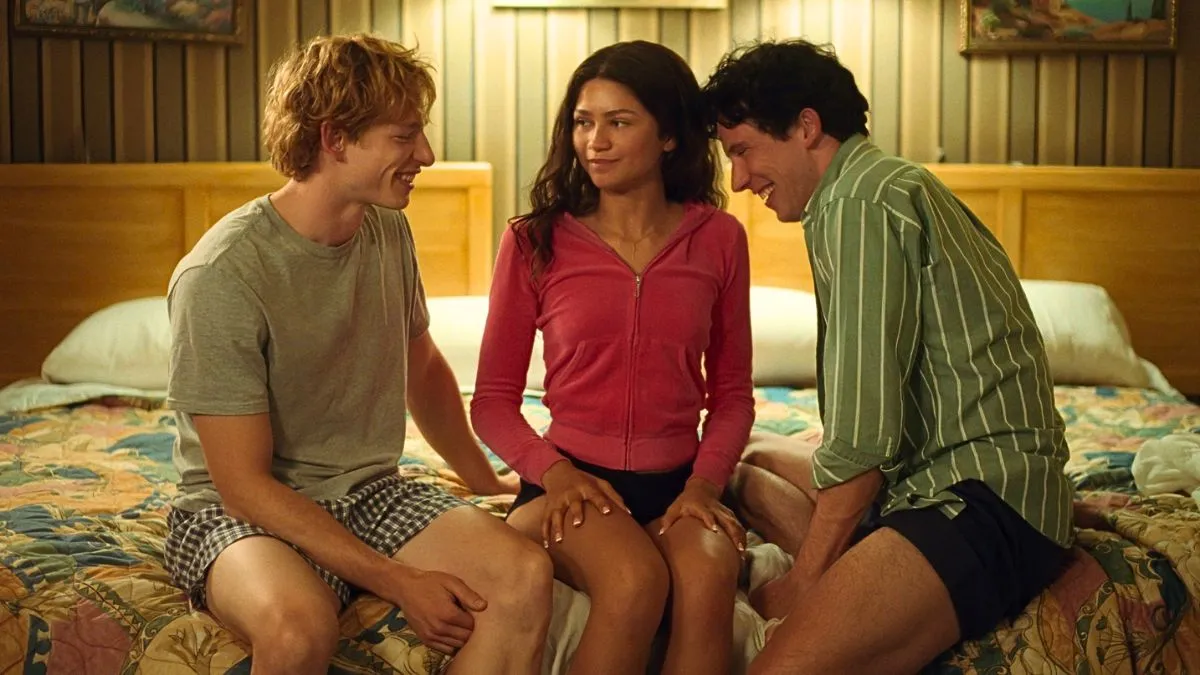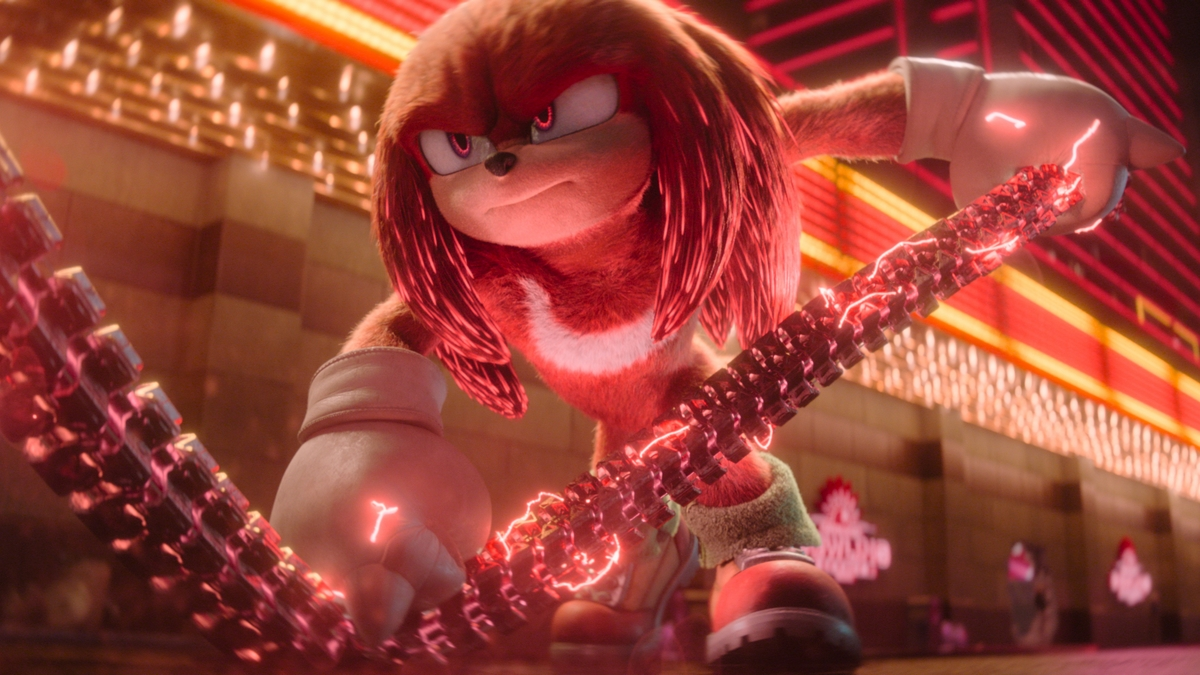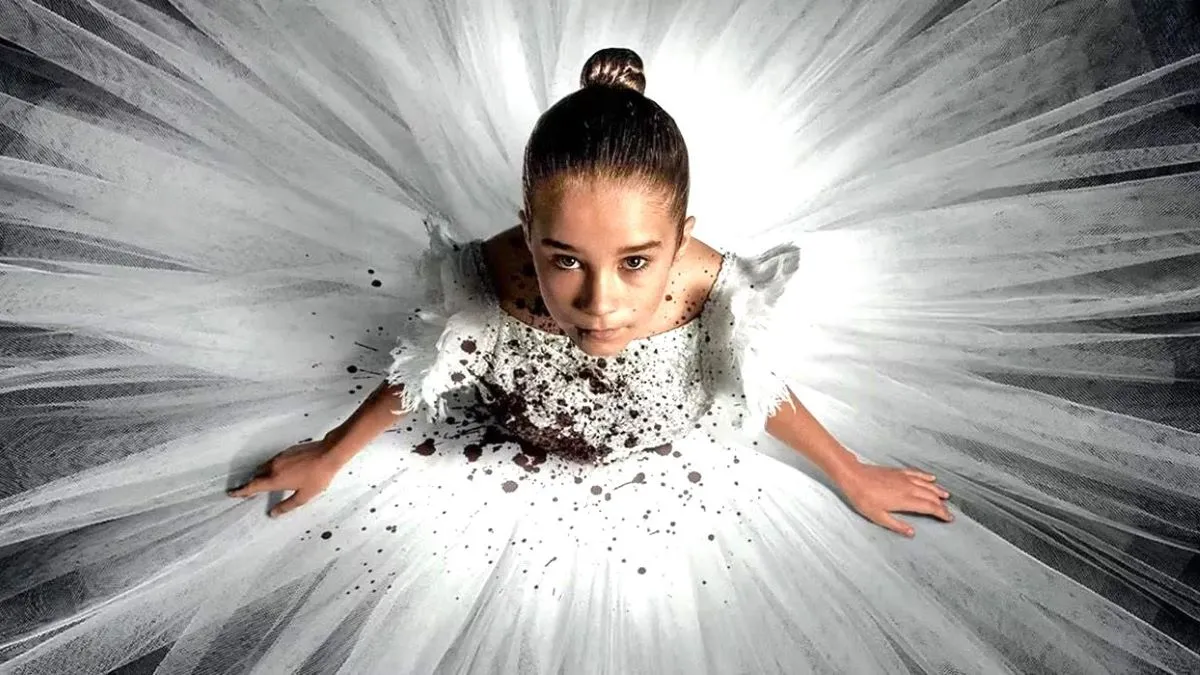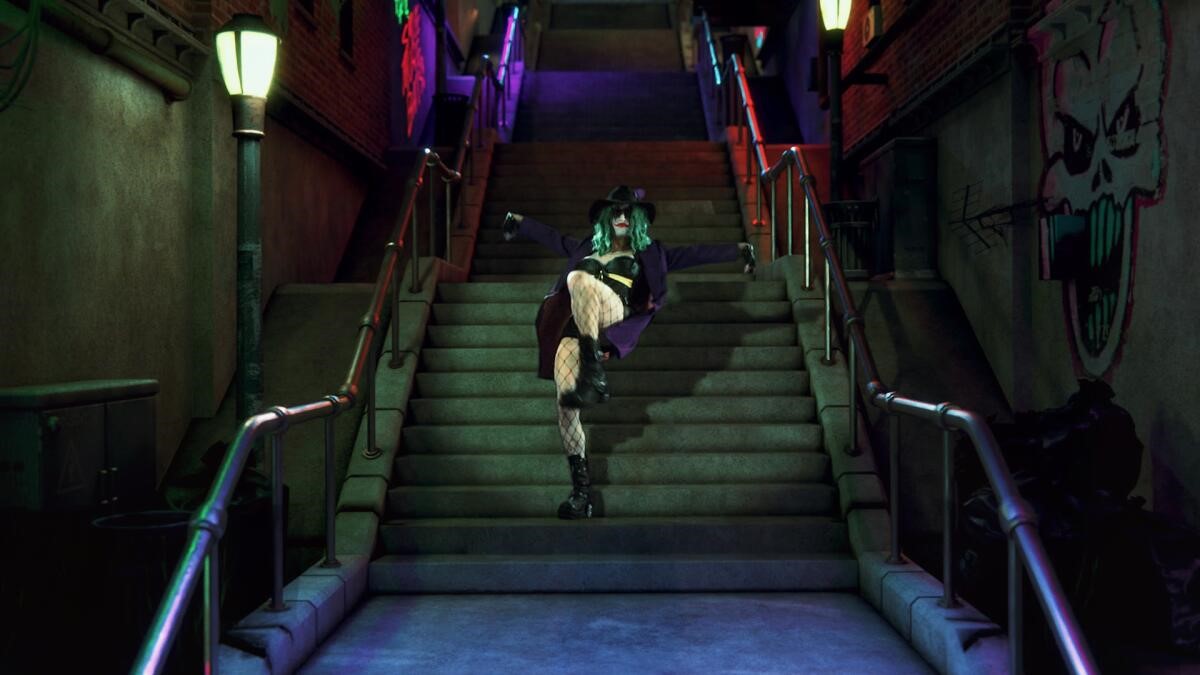
As the scribes try to wrap up the lives of characters with a pretty bow, these recent installments have been more character-driven than plot-driven. (To be fair, Mad Men has rarely been a program with a quick pace.) However, in “Time & Life,” written by Erin Levy and Matthew Weiner, there is a deadline to meet. (The episode comes from director Jared Harris, whose performance as Lane Pryce for three seasons had the same refreshing energy, tinged with sharp despair, that the episode possesses.)
The episode begins as a sequel of sorts to “Shut the Door. Have a Seat,” the masterful finale of season three. Back then, McCann Erickson was going to dissolve Sterling Cooper, and so Don led a madcap dash to thwart that effort by creating a new agency. Now, McCann cancels the lease on the Time-Life Building, ushering in a period for the ad men and women to prepare for a move into the corporate offices.
This hour, Don once again comes up with a plan to resituate the offices in Los Angeles, keeping the office’s independence. In the season three finale, a family of co-workers assembled to give Don some cohesion and companionship in the wake of his bitter divorce with Betty. Here, Don is still an island, begging to keep some sort of normalcy. It is no surprise that the move to Los Angeles is Don’s, since he has always loved asking in the glow of the Golden State. Of all the characters on Mad Men, he is the one who most needs the sunshine. (Another character who could use some time at the beach: the shifty-eyed Meredith, played by Stephanie Drake, now a routine scene-stealer.)
However, with only a few hours left in the series, “Time & Life” is more concerned with giving its precious minutes to the lives of the other partners. Roger does not want to be a “mid-level cog at McCann,” as Bert Cooper once phrased, since that would suck up his name – and he doesn’t have a male descendent to carry it forward. Joan is worried that her lack of involvement in the business currently will only be swallowed up further under a corporate roof. Pete sees the West Coast as an opportunity to also house his disgruntled wife and aimless daughter. Ted, meanwhile, is eager to stay in New York, as he has found a mutual romance with an old college friend.
As for Peggy, she desperately calls her headhunter – who then assures her that McCann will do wonders for her bank account and reputation. She mulls it over during auditions back at the offices for a child actor, and as expected, Peggy’s chilly attitude toward children makes for some dry humor and deep reflection. In one of the series’ most piercing, poignant scenes, she opens up (to an extent) about the son she had and gave away. Although she doesn’t reveal the father’s identity – Pete does give a funny look when a young girl hugs Peggy exuberantly earlier in the episode, though – Peggy and Stan share a heated conversation. The scene’s a tremendous balancing act and both Moss and Ferguson nail it, imbuing their pauses with as much feeling as the lines they say.
“Maybe she was very young, and followed her heart and got in trouble. No one should be able to make a mistake just like a man does and not be able to move on. She should be able to live the rest of her life. Just like a man does.”
Peggy is in a mood because she lashed out at a mother who left her daughter behind in the office at the try-out. Since she knows the difficulty of balancing her work life with family commitments, Peggy comes to realize she spoke out of line. Elisabeth Moss does some of her best work opposite the nonchalant Stan, digging into her character’s feisty feminism and vulnerability in equal measure. There is both light and depth to her dialogue: you can tell that Peggy thinks about this child frequently but she has also accepted and come to terms with her own choices. It’s the moment the series has been building up to for Peggy since season one, and it’s delivered with stunning poise.






